On March 15, 1672 in Celtic History
The first declaration of indulgence; suspending penal laws against catholics
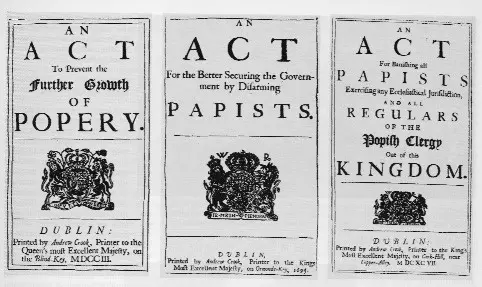
Charles II or The Merry Monarch (29 May 1630–6 February 1685) was the King of England, King of Scots, and King of Ireland from 30 January 1649 (retrospectively de jure) or 29 May 1660 (de facto) until his death. His father Charles I had been executed in 1649, following the English Civil War; the monarchy was then abolished and the Kingdom of England and the Kingdom of Scotland became occupied under Oliver Cromwell, the Lord Protector (see Commonwealth of England and The Protectorate). In 1660, shortly after Cromwells death, the monarchy was restored under Charles II.
Although previously favourable to the Crown, the Cavalier Parliament was alienated by the kings wars and religious policies during the 1670s. In 1672, Charles issued the Declaration of Indulgence, in which he purported to suspend all laws punishing Roman Catholics and other religious dissenters. In the same year, he openly supported Catholic France and started the Third Anglo-Dutch War.
The Cavalier Parliament—although opposed to granting religious tolerance to Catholics—opposed the Declaration of Indulgence on constitutional grounds (claiming that the King had no right to arbitrarily suspend laws) rather than on political ones. Charles II withdrew the Declaration, and also agreed to the Test Act, which not only required public officials to receive the sacrament under the forms prescribed by the Church of England, but also forced them to denounce certain teachings of the Roman Catholic Church as superstitious and idolatrous. The Cavalier Parliament also refused to further fund the Anglo-Dutch War, which England was losing, forcing Charles to make peace in 1674.
Related Content

Shane Patrick Lysaght MacGowan, lead singer of the Pogues, died
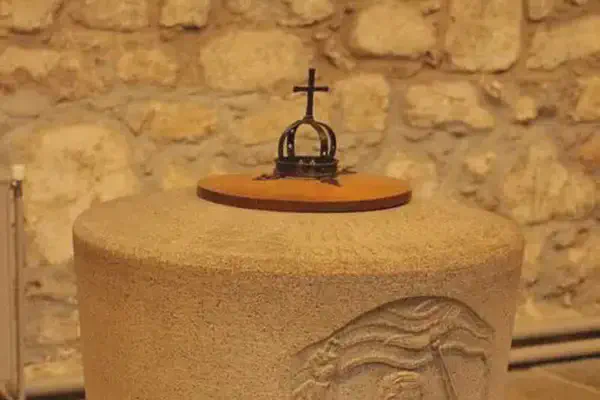
St Machar Day, patron saint of Aberdeen

Oíche Shamhna - Cetlic New Year Eve (Halloween)
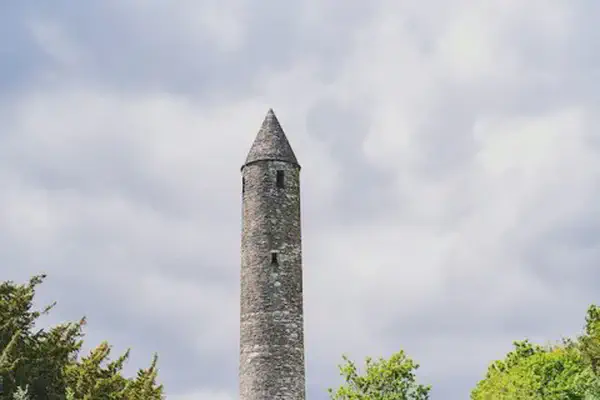
ALBAN ELFED (Welsh Bardic name for autumn equinox)
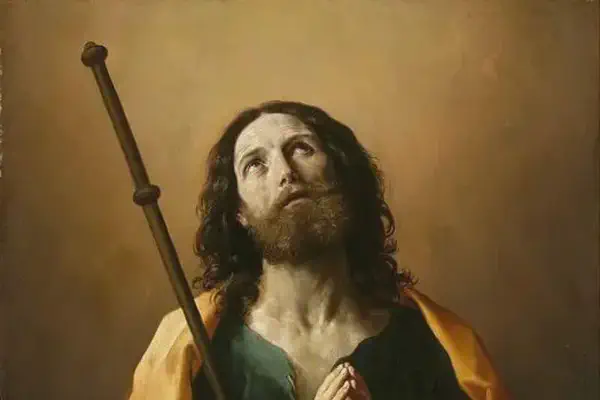
Feast day of St. James
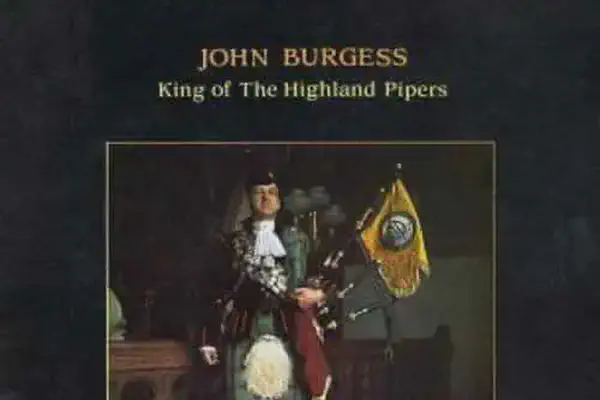
John Davie Burgess, King of the Highland Pipers, died at age 71.